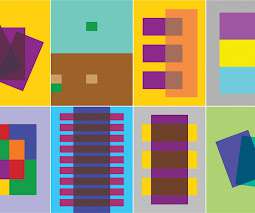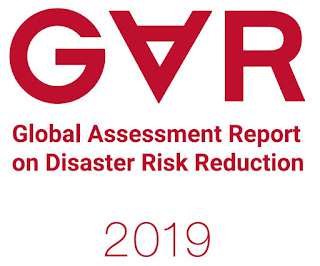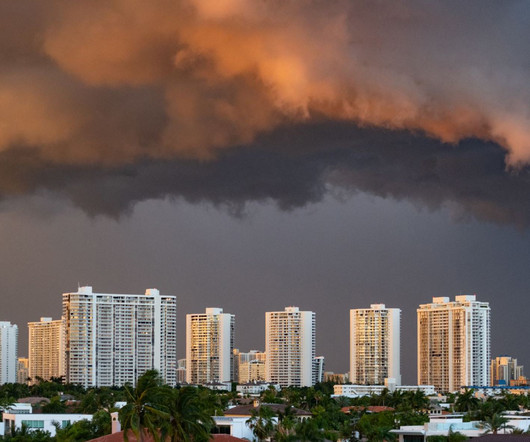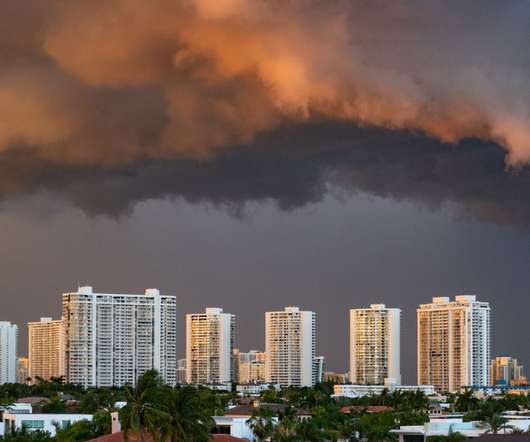Disaster Risk Reduction is not a Paradigm
Emergency Planning
JULY 5, 2019
2017), but to answer the question properly, we have to ask another. Like any field of study, disaster risk reduction needs lateral thinking. Paton 2017. So do we have a paradigm in disaster studies? If we do, is it going to be overthrown by a scientific revolution (or a social scientific one)? perhaps not!)












Let's personalize your content